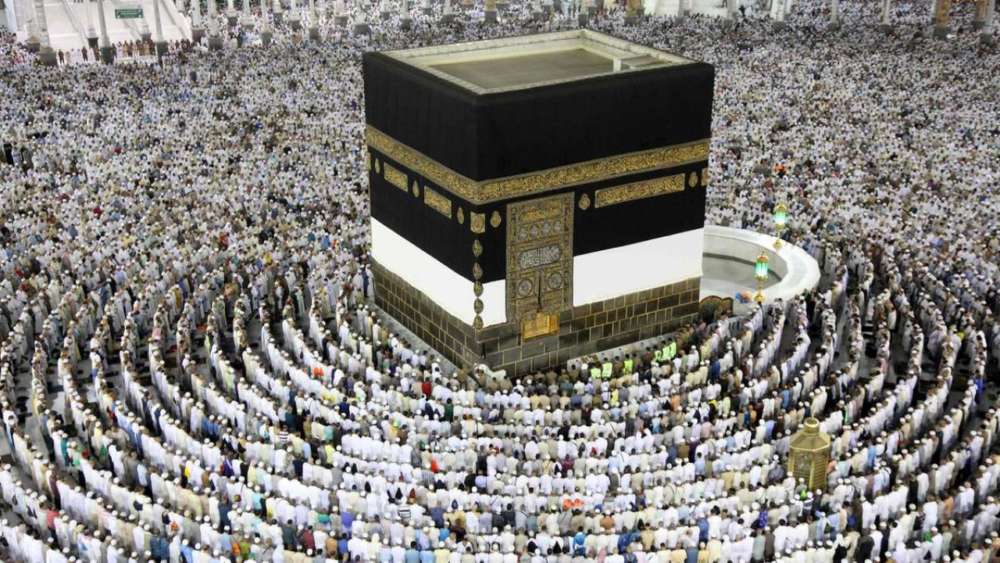Due to coronavirus the Saudi Arabia authorities suspended the Umrah pilgrimage for foreign and domestic Muslims in March.
Earlier, the kingdom’s Ministry of Hajj and Umrah resumed the Umrah pilgrimage to the holy city of Makkah.
Now, about 10,000 foreign pilgrims are arriving in Saudi Arabia to perform the blessed Umrah almost after 7 months suspension due to pandemic.
The Deputy Minister of Hajj and Umrah, Amr Al-Maddah said that the pilgrims will be kept isolated for three days after their arrival and before being transported to religious sites. They will be allowed a 10-day stay in the kingdom.
He further said that the testing of pilgrim who is 50 years or more will be continuous and if any case detected it will be closely monitored.
Muslim travelers from outside Saudi Arabia could be allowed to perform the Umrah pilgrimage.
The kingdom held a dramatically downsized, symbolic Hajj pilgrimage in July due to concerns that it could easily have become a global super-spreader event for the virus.
To accommodate a quota of 6,000 pilgrims per day, the Ministry of Hajj and Umrah has prepared five meeting points, including the Al-Gaza, Ajyad and Al-Shasha sites, where pilgrims will meet and join health professionals on buses to the Grand Mosque.
Thermal cameras will be placed at the entrances and inside halls of the Grand Mosque to monitor body temperature spikes and issue alerts if necessary.
Meanwhile, about 1,000 employees have been trained to monitor the rituals of Umrah in the Grand Mosque.
The mosque will be cleaned 10 times a day between each group’s presence, the Arab News report said.
Escalators leading to the top floors have also been equipped with cleaning devices, while hand-washing devices have been placed at the mosque’s entrances.
Worshippers are no longer allowed to touch the Kaaba – a stone structure draped in black cloth embroidered in gold with verses from the Quran. The Kaaba is the most sacred structure in Islam and the direction that Muslims face to pray; touching it is considered a great honour that pilgrims treasured in the past.
According to the official data, the religious pilgrimage generates $12bn in revenues from worshippers’ lodging, transport, gifts, food and fees.

